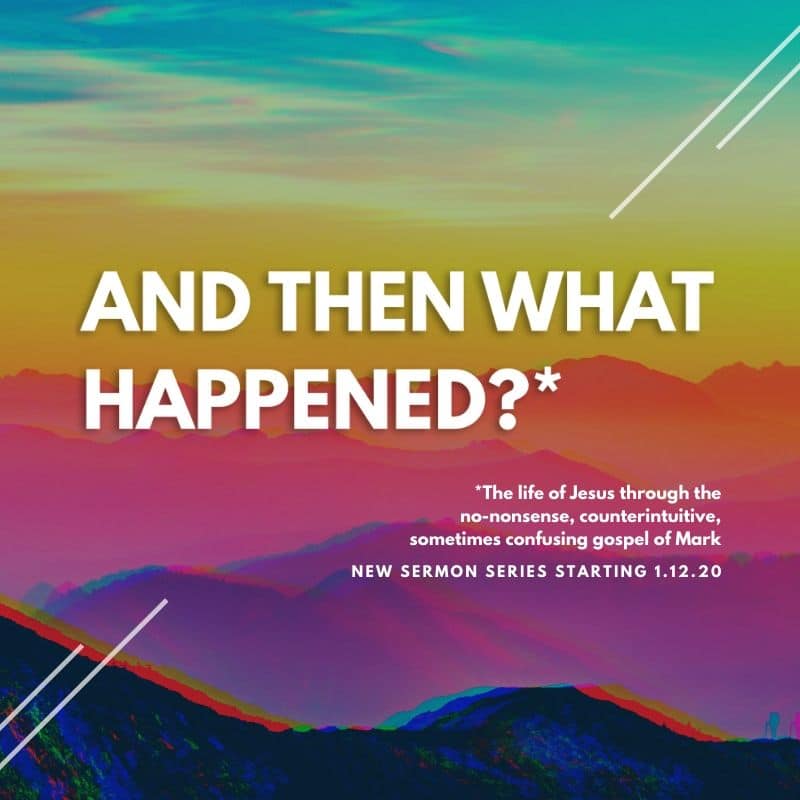The Way Up is Childlike | Mark 9:36-48
Grace Hunter2020-03-05T15:50:01-07:00People were bringing little children to Jesus to have him touch them, but the disciples rebuked them. When Jesus saw this, he was indignant. “He said to them, Let the little children come to [...]


